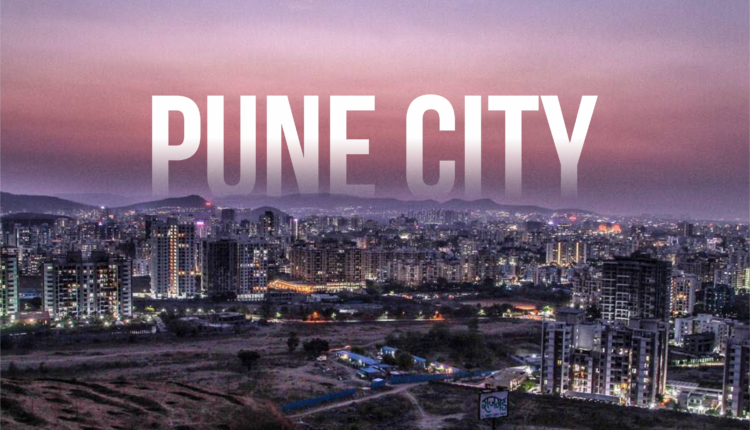In a year, over 700 secondary school teachers from Maharashtra and Bihar have nearly mastered the inquiry- and activity-based teaching techniques that they will now implement during their science and mathematics classes. This is all thanks to a team of 12-15 teacher-trainers at iRISE (Inspiring India in Research, Innovation and STEM Education) in Pune that is on a mission to improve the quality of classroom teaching in schools, especially in subjects related to science, technology, engineering and mathematics (STEM).
Implemented by the Indian Institute of Science Education and Research (IISER), Pune, iRISE is a collaboration and jointly funded programme by the Department of Science and Technology, the British Council, the Royal Society of Chemistry, Tata Trusts, Tata Technologies and IISER Pune.
Along with teacher development, the three-year programme comprises targeted interventions for early career STEM researchers and those aspiring for leadership roles and facilitates interactions with industry experts.
“We believe that exposing teachers to diverse strategies empowers and helps them use the appropriate techniques for their class,” said Professor Harinath Chakrapani, iRISE project investigator.
Often, under-trained school teachers, a lack of avenues for teachers to stay skilled, a redundant syllabus and limited modes to engage classes contribute to poor teaching-learning experiences at schools. This, in turn, affects the student’s overall understanding of subjects and directly impacts higher education in STEM-related subjects.
The teacher development programme of iRISE aims to address this gap using resources built on activity-based and inquiry-based strategies. “This is not widely used in classrooms as teachers still rely primarily on chalk-board strategy,” added Chakrapani.
Through these strategies, the iRISE team aims to develop students’ critical thinking, hone scientific temperament and required competency skills – all through training their school teachers first.
Initially, the programme is being rolled out in Maharashtra and Bihar.
The iRISE team has completed the first phase of training 521 and 262 teachers in Maharashtra and Bihar, respectively, now known as Innovation Champions (ICs). These ICs are then expected to trickle down their training lessons to other fellow teachers, who when trained, will be identified as Cascade Teachers (CT).
Since its launch in October 2021, the iRISE team has, so far, interacted with 3,925 students and 72 teachers during their visits to 24 schools in Maharashtra. “In Maharashtra, when the trained teachers went back and started training their fellow teachers, what we understood is that even they required support to boost their confidence,” said Sourabh Dube, co-project investigator, iRISE.
Over the past one year, the Pune-based educators have also understood the need to bring more female teachers into their programmes. “One challenging aspect is maintaining gender parity among teachers. We may plan women-only workshops in the future as well,” Chakrapani, who is a chemistry professor at IISER, Pune, said.
The iRISE teams interact with teachers and students and take stock of the student-teacher needs while designing training modules, content and other activities. “Recently, our team travelled to Nandurbar district in Maharashtra. We are planning several workshops in the Marathwada region as well. We have at least one more phase II workshop planned and this shall address differences in geographical reach, if any, within the state,” added Chakrapani.
The ultimate goal of the teacher training is to change the learning and thinking ways of 4.5 lakh students when the scheme will be expanded across Maharashtra, Bihar and two other states.
Phase II sessions for teachers in Bihar are being planned as the Covid-19 pandemic restricted the team to Maharashtra during the past one year.
On working to restore the learning affected by the global pandemic, Chakrapani said, “Learning, in most areas which had no internet connection, was severely affected by the pandemic. More interventions need to be planned for children who have lost nearly one or two years of school.”
During the coming months, iRISE will also focus on interacting with early career researchers, a process that began last month.
Recently, iRISE collaborated with CSIR-National Chemical Laboratory (NCL), Pune, and conducted two workshops for doctoral students.
Additionally, thought leadership forums themed on sustainability and antimicrobial resistance are currently underway and research papers on these topics are expected to be published next year. An interaction with industry expert Dr Naushad Forbes is also being planned early next year in Pune.


